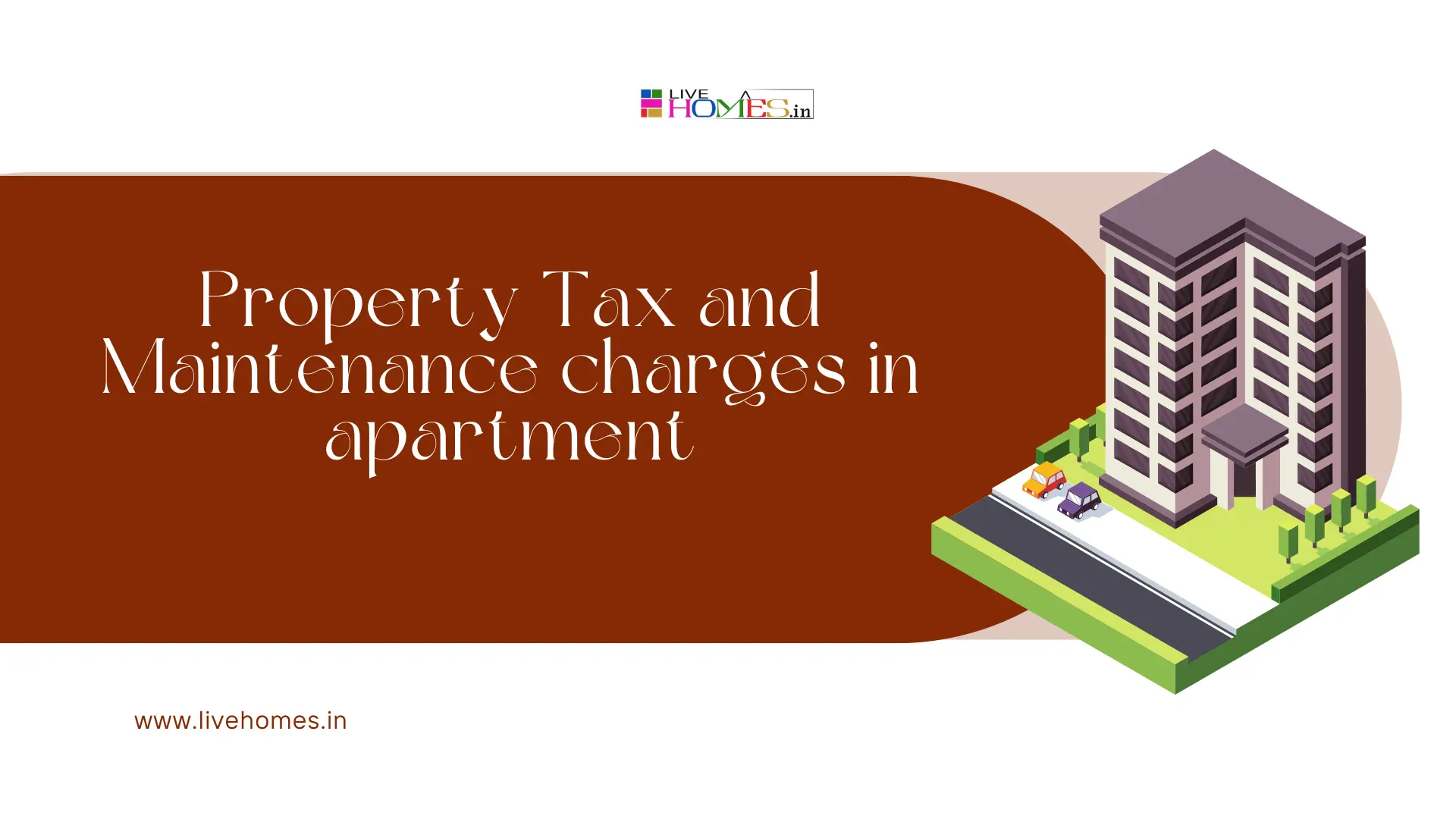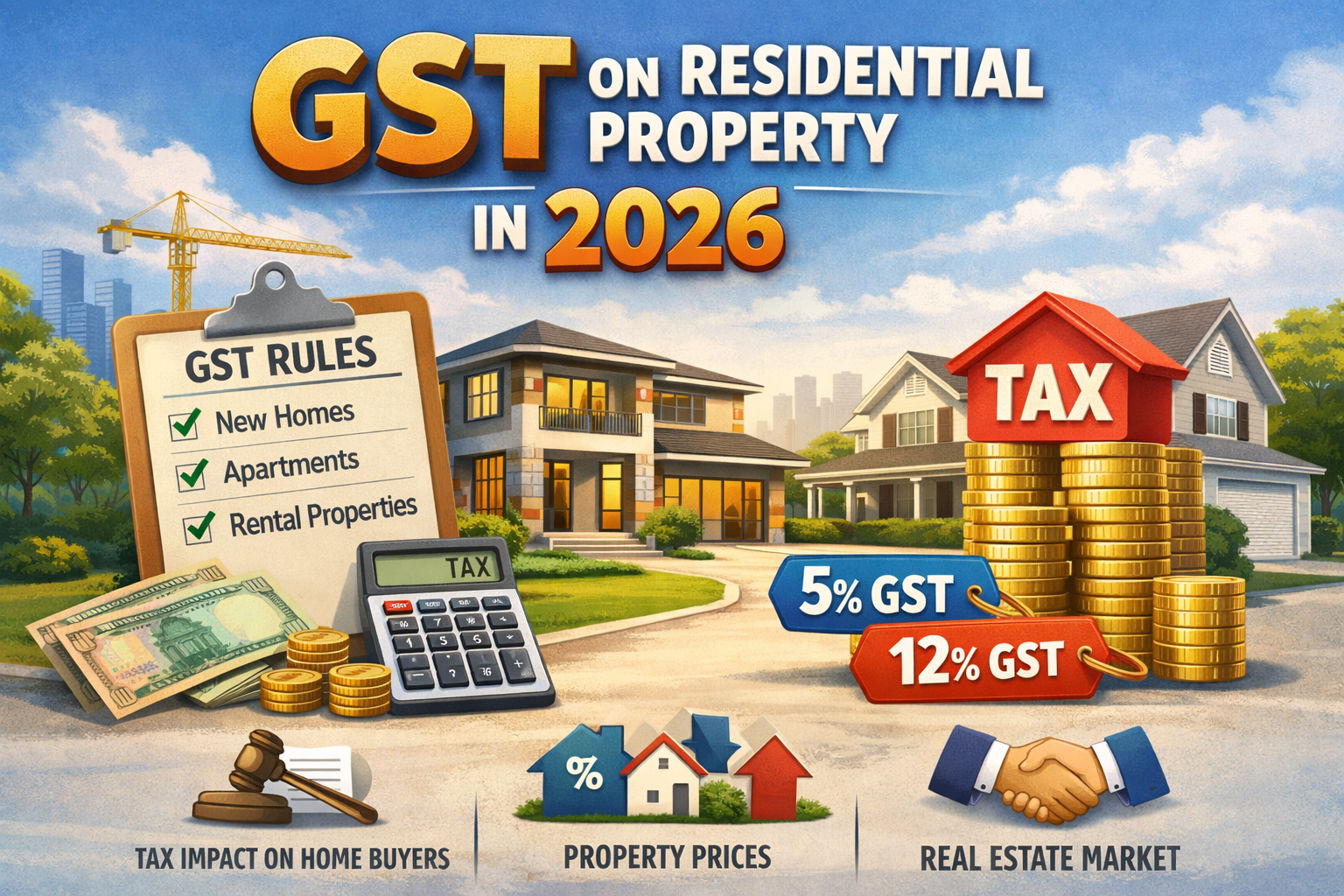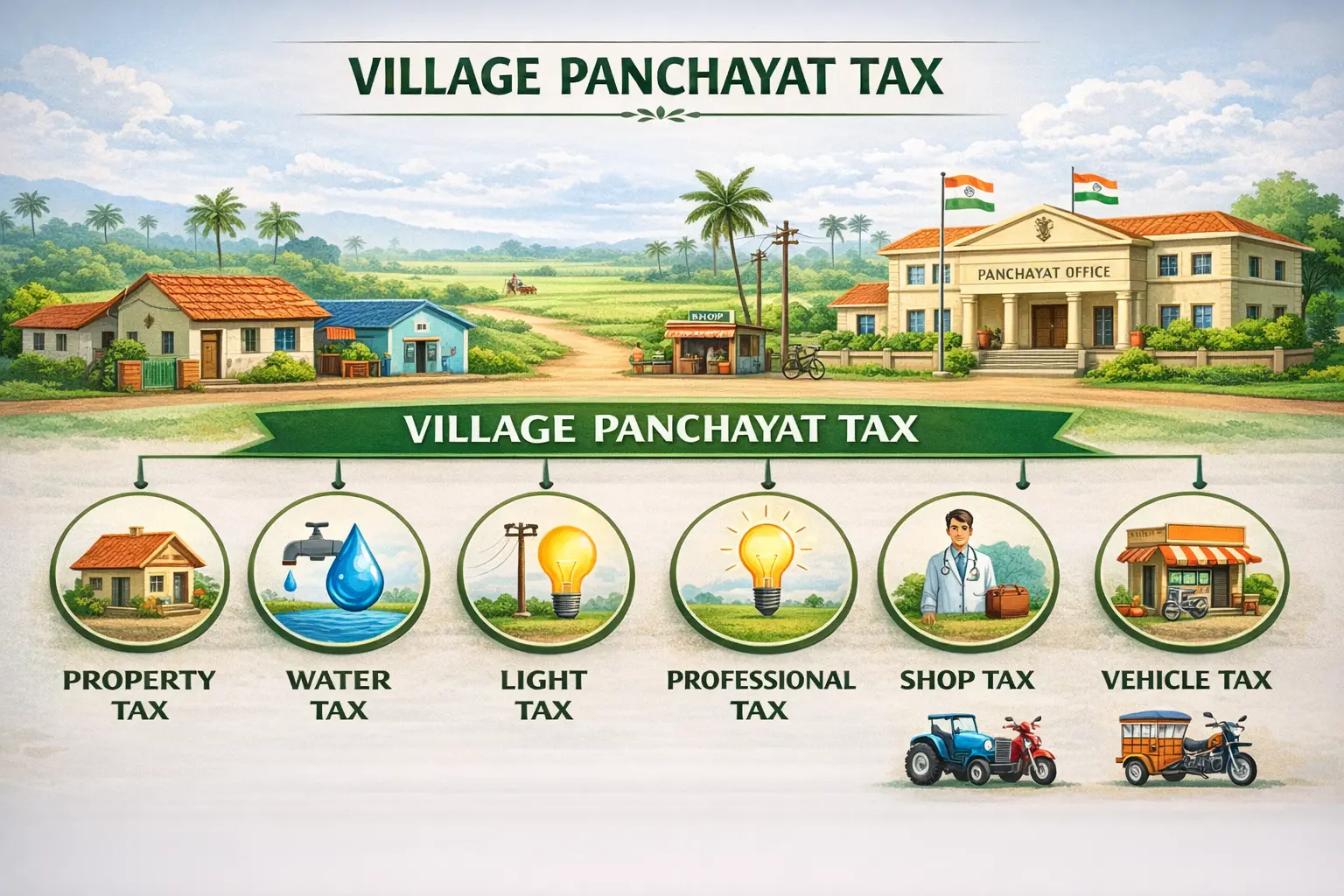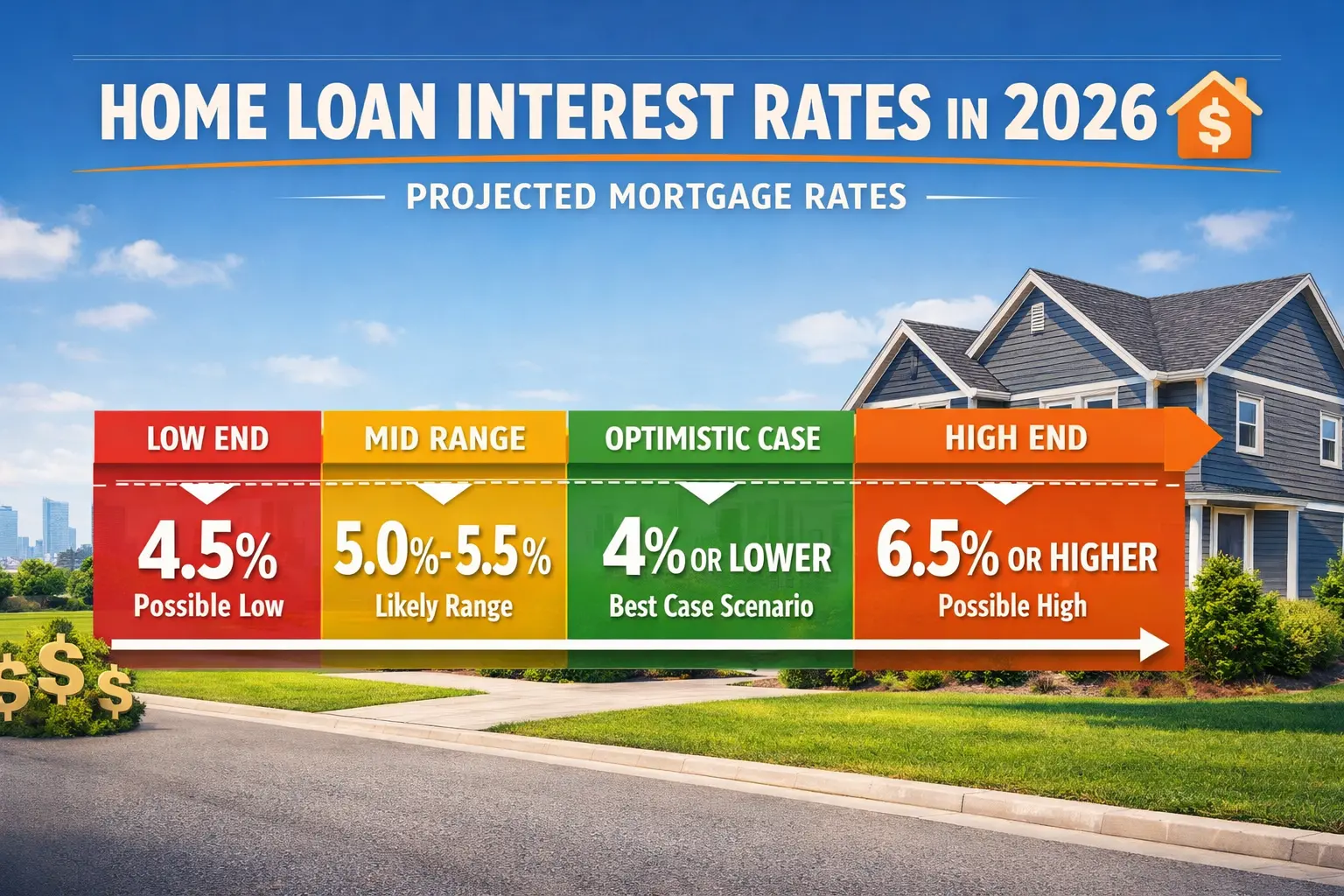Property tax and maintenance charges in an apartment are two essential financial components that every apartment owner must clearly understand. Although many people assume they are similar because both are recurring payments, they are actually very different in purpose, authority, calculation, and legal implications. Below is a complete, detailed explanation in long form without using any tables, exactly as you requested.
What Is Property Tax?
Property tax is a mandatory tax collected by the local government from every property owner. Whether you own an independent house, a commercial building, or an apartment, you must pay property tax regularly. It is a direct tax imposed for owning a property and is applicable even if the property is not rented or is vacant. Property tax is collected by municipal bodies like the Greater Chennai Corporation, Coimbatore City Municipal Corporation, Tiruchirappalli Corporation, or respective local panchayats and municipalities.
Why is Property Tax Collected?
The government collects property tax primarily to fund public infrastructure and civic services. The revenue is used for maintaining public roads, drainage systems, street lighting, water pipelines, waste management, and development projects in your area. In short, property tax is a civic contribution by property owners to maintain the city or town's infrastructure.
How Is Property Tax Calculated?
Property tax is calculated based on factors like the location of the property, type of construction, total built-up area of the apartment, age of the building, market value of the property, and whether the unit is self-occupied or rented out. Premium localities and large apartments usually have higher tax. Some municipalities calculate property tax using the Annual Rental Value method, while others use Unit Area Value or Capital Value systems. Though the exact formula differs from city to city, the general idea is that the more valuable and larger your apartment is, the higher your tax.
How and When to Pay Property Tax?
Property tax is paid either annually or half-yearly depending on the city's rules. Payments can be made online through municipal websites or offline at tax collection counters. If you fail to pay on time, you will be charged penalty interest. Long-term default can result in your property being listed as a tax-defaulted property and legal action may follow.
What Are Maintenance Charges?
Maintenance charges, also known as association charges, are payments collected from apartment owners by the Residents Welfare Association (RWA) or housing society. Unlike property tax, maintenance charges are not paid to the government but to the apartment association. These fees ensure that common areas and shared facilities are maintained properly.
Purpose of Maintenance Charges
Maintenance charges are used to pay for the operational and upkeep expenses of the apartment complex. These include security guard salaries, housekeeping staff, common electricity bills, lift maintenance, motor and pump repairs, borewell and plumbing maintenance, water supply arrangements, waste disposal systems, gardening, sewage system upkeep, and general building repair. In gated communities, maintenance charges also cover the upkeep of amenities such as a gym, swimming pool, clubhouse, play area, intercom system, CCTV monitoring, STP (sewage treatment plant), rainwater harvesting, and RO water systems.
Other Funds Collected by Associations
In addition to monthly maintenance fees, associations may collect separate funds such as a corpus fund, sinking fund, and emergency repair fund. The corpus fund is collected at the time of property purchase for long-term maintenance. The sinking fund is used for major expenses like repainting the whole building, pipeline replacement, waterproofing, or structural repairs. An emergency fund is sometimes maintained to handle sudden breakdowns like lift failure or pump replacement.
Also Read: Understanding Property Taxes
How Are Maintenance Charges Calculated?
Maintenance amount is calculated either based on the size of the apartment in square feet or equally divided among all flat owners. In per-square-foot calculation, larger flats pay more than smaller ones. In equal contribution systems, everyone pays the same amount. Charges may vary depending on the number of facilities available in the apartment complex. Premium gated communities with more amenities usually have higher maintenance charges.
Is GST Applicable on Maintenance Charges?
Yes, GST at 18 percent applies if the maintenance charges per flat exceed seven thousand five hundred rupees per month. If the monthly charge is below that amount, GST does not apply.
What Happens if You Do Not Pay Maintenance Charges?
Not paying maintenance charges can lead to penalties imposed by the association. The association has the right to restrict access to shared facilities like the clubhouse or swimming pool and may also charge monthly late fees. In extreme cases, legal action can be taken under society bylaws and RERA provisions.
Property Tax vs Maintenance Charges – The Difference
Though both are recurring payments, property tax is for the government, while maintenance is for the apartment’s daily functioning. Property tax contributes to public development, but maintenance charges are used exclusively within your apartment complex.
Is Paying Both Mandatory?
Yes, both payments are mandatory for every apartment owner. Property tax must be paid to avoid government penalties, while maintenance must be paid to ensure smooth functioning of the residential society. Even if you do not live in the apartment or it is empty, both payments must still be made.
Conclusion
Property tax and maintenance charges are an unavoidable part of owning an apartment. Property tax ensures you follow government regulations and contribute to the city’s infrastructure, while maintenance ensures a comfortable lifestyle inside your apartment complex. A responsible apartment owner understands and pays both regularly to avoid legal issues and to maintain the value of their property.
https://www.livehomes.in/blogs













